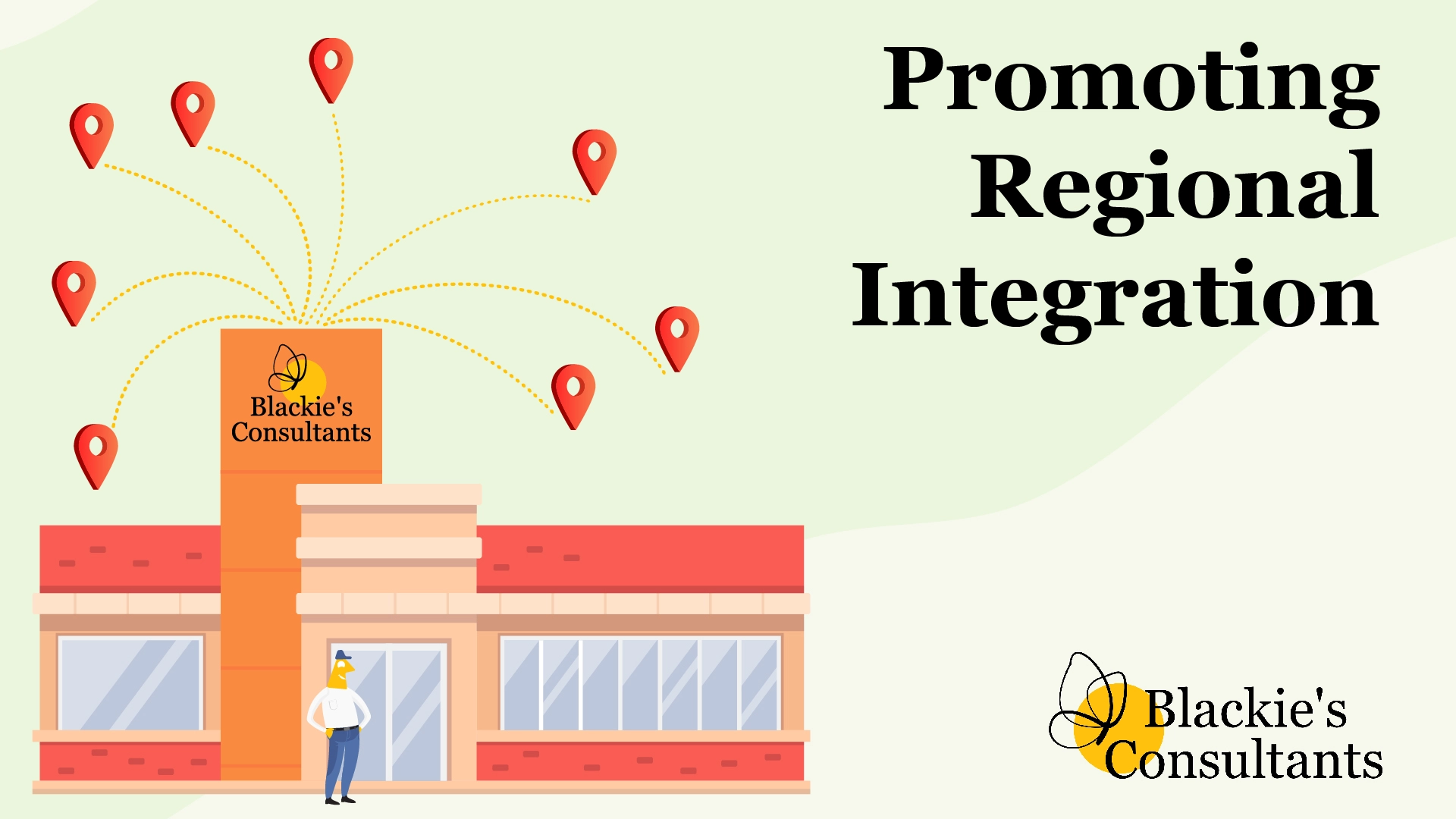Data analytics in cross-border logistics involves using data to optimise the movement of goods across international borders. This complex process involves coordinating multiple stakeholders such as customs officials, transportation providers, and distributors.
In South Africa, cross-border logistics may involve the movement of goods between neighbouring countries such as Zimbabwe, Eswatini, and Botswana. Data analytics can help improve the efficiency and speed of these transactions, reducing costs and minimising risks.
The Concept Of Data Analytics
Data analytics can track the movement of goods in real-time, monitor inventory levels, and optimise supply chain processes. This helps identify bottlenecks and inefficiencies in the logistics process, allowing for improvements. For example, data analytics may reveal that a particular route or transportation provider is consistently causing delays or increased costs, allowing for adjustments to improve overall efficiency.
In addition to improving logistics processes, data analytics can help mitigate risks associated with cross-border transactions. This may include identifying potential security threats or fraud, monitoring compliance with regulatory requirements, and ensuring all necessary documentation is in order.
Data analytics is important in optimising cross-border logistics in South Africa, helping businesses reduce costs, improve efficiency, and mitigate risks.
Why Accuracy Matters
Accurate data analytics is crucial because decisions based on inaccurate data can be costly and potentially harmful. In cross-border logistics, inaccurate data analytics could lead to delays, increased costs, and potential regulatory non-compliance.
For example, inaccurate data analytics could result in the misclassification of goods, leading to delays or fines at the border. It could also result in reporting incorrect inventory levels, leading to stockouts or overstocking, which can negatively impact supply chain efficiency and profitability.
Inaccurate data analytics can result in incorrect forecasting, which can have a ripple effect across the entire supply chain. If demand forecasts are incorrect, businesses may produce too much or too little, leading to excess inventory or stockouts. This can lead to increased costs, missed opportunities, and unhappy customers.
Accurate data analytics is essential for identifying trends and patterns in data, which can help businesses make informed decisions. When data analytics is correct, companies can make more informed decisions about where to allocate resources, which suppliers to work with, and how to optimise supply chain processes. This can improve efficiency, increase profitability, and improve customer experience.
Advanced technologies and systems are used to track and analyse data in real-time to ensure accurate data analytics. This could include using sensors, GPS tracking, and cloud-based platforms to monitor the movement of goods and provide updates on inventory levels, transit times, and other key metrics.
Partnering With Blackie’s
Blackie’s has the knowledge to guide customers on customs data accuracy and the streaming customs process.
Blackie’s also employs experienced professionals who have a deep understanding of cross-border logistics and regulatory compliance.




